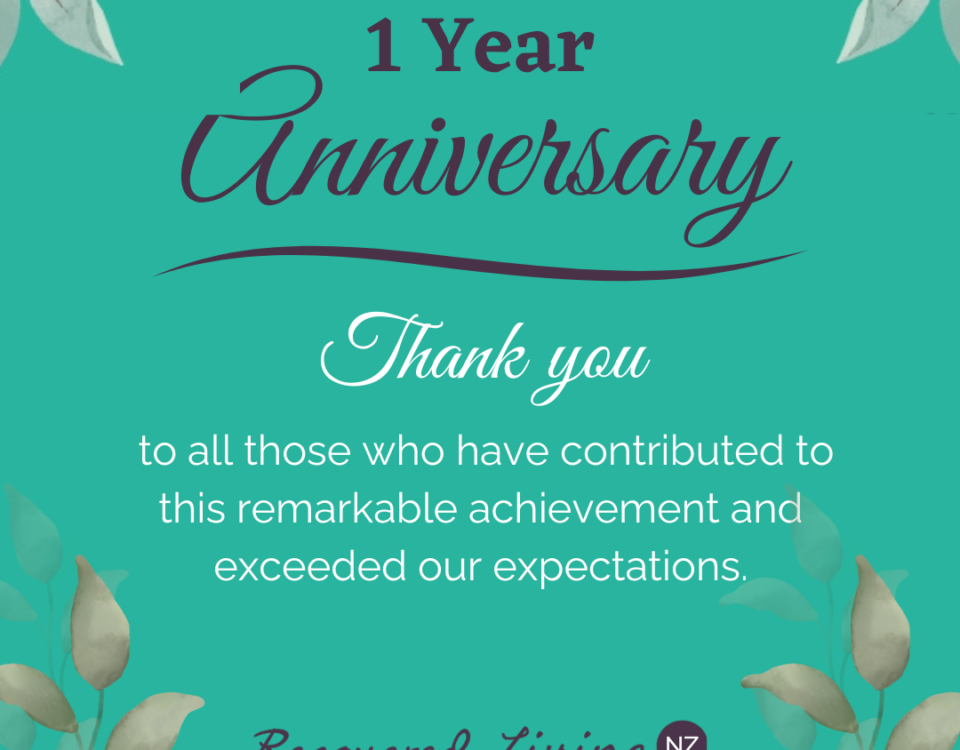What does it mean to be recovered?
Having lived in both hemispheres I have been exposed to all versions of ‘recovered’ in the eating disorder world.
In medical terms there is criteria for a broken bone and criteria for a healed bone. There is criteria for being diagnosed with cancer and criteria for remission.
When it comes to eating disorders, there is no standard criteria that is agreed upon in order to define recovery. I hit up google to see what was out there and was equal parts surprised and pleased to see several comprehensive research articles on this very topic.
Currently, ‘remission’ or ‘recovery’ (depending on which article you read) is loosely postulated to be a combination of physical standards regarding weight and health, and some standards around thinking.
A deeper dive into the literature pulled up some interesting lines of thinking. The overarching lean was that being fully recovered constitutes a multitude of facets in one’s life; namely, physical, behavioural, psychological, emotional and social.
The first two are well covered in traditional models. I have put below some examples from what was described as encapsulating ‘mental wellbeing’, psychological, emotional and social factors.
Some of the indicators included self-acceptance, positive relationships, personal growth, resilience, identity, autonomy, positive body experience and realistic self-image.

In my eating disorder | As a recovered individual |
My ‘self-acceptance’ was dependent on being a certain weight, shape or size. | I accept myself in my body, my traits, and ‘who I am’. |
I would push people away or isolate to protect my eating disorder. | People are essential to my wellbeing. Connections with good people are my lifeblood. |
It was impossible to truly grow when I was literally stunting my own growth and functioning. | Personal growth was a direct by product of recovering. For the first time I feel at peace in my heart and freedom in my soul. |
My resilience was going back to my eating disorder – that was what I leaned on when I needed something. | My resilience lies in an inner spirit that doesn’t give up. My resilience lies in trusting myself and knowing I can handle whatever comes my way. My very being is resilience. |
I didn’t know who I was in my eating disorder. I had the title of ‘athlete’ and that was my mask. | I know who I am, what I stand for and what I value. This may change over time but in this moment, I know. |
I acted on my eating disorders values and interests; I was a slave to the voice in my head. | I act on my values and interests. I am not relying on someone or something else in order to act. |
Positive body experiences were directly related to eating disorder behaviours. | Being in my body is generally a positive experience. I am present in my body rather than watching or criticizing my body. |
I had no idea what reality actually was and was terrified that what I saw was reality. | Truth is...who knows if what I see is what other people see! It has been a constantly changing landscape which would suggest it is my perception rather than my body changing. What I know is that my worth isn’t in my reflection, it is in what I reflect out to the world. |
So, what does it actually mean to be recovered? As the field hasn’t settled on a definition, there is not a set ‘standard’. Eating disorders affect every facet of one’s life and so it makes sense that a definition for being recovered addresses each of these, in turn.
I would urge you to spend some time with your soul asking this question:
Did that action/thought/feeling come from love or from fear?
Carolyn Costin’s definition of recovered is as follows:
"Being Recovered is when a person can accept his or her natural body size and shape and no longer has a self-destructive relationship with food or exercise. When you are recovered, food and weight take a proper perspective in your life, and what you weigh is not more important than who you are; in fact, actual numbers are of little or no importance at all. When recovered, you will not compromise your health or betray your soul to look a certain way, wear a certain size, or reach a certain number on a scale. When you are recovered, you do not use eating disorder behaviors to deal with, distract from, or cope with other problems."
If you reach deep within, what would be yours?
I scribbled these notes on a napkin while at a coffee shop yesterday. On reflection I would say recovery was a process of recovering my soul that had been abandoned, neglected, beaten and bullied. This is my creed of maintaining the nurturing and care of my soul.
As a human, I am a work in progress. I may lose my temper, be forgetful, get stressed, or lose my way at times.
I will continue to have grace and accept all of ‘me’, who I am, what I stand for, and who I am becoming.
I commit to positive relationships that are life giving and reciprocal, that bring laughter and warmth and light to my soul.
I commit to the idea that even though my life can be falling apart...I can still be well.
I commit to questioning from a place of love, trusting in my personal strength, and living the truth of who I am at my core.
I commit to being in my body, caring for it and experiencing it – for it is the only one I will ever have.
I commit to the full expression of freedom, in all of its forms.






